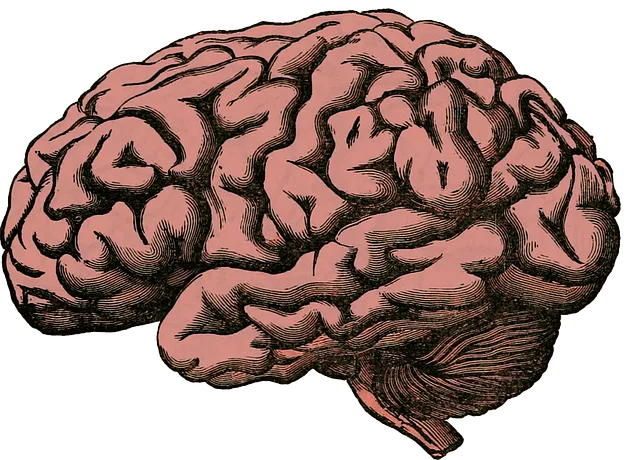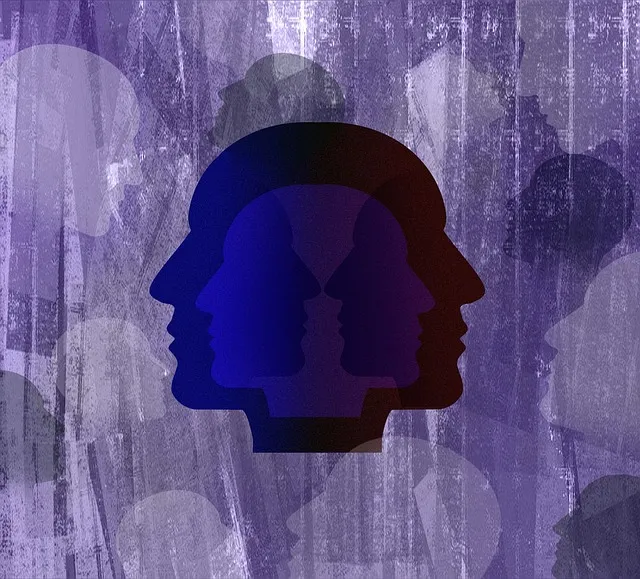Crisis Intervention Teams (CITs) at Kaiser Lone Tree provide immediate and holistic support for mental health crises, connecting patients with long-term care strategies. They offer specialized programs for anxiety relief, emotional regulation, and depression prevention, ensuring accessible how to get mental health services through Kaiser Lone Tree. Through training, workshops, and a podcast series, teams are equipped to de-escalate situations and guide individuals toward suitable specialists and resources. This comprehensive approach prioritizes both patient well-being and provider resilience.
Crisis intervention teams (CITs) play a vital role in providing immediate, short-term support during mental health crises. This article explores the significance of CIT training, focusing on how such programs equip individuals to effectively manage and de-escalate critical situations. We delve into the unique approach of Kaiser Lone Tree, a leading resource for accessing mental health services, offering specialized CIT training. By understanding these teams’ crucial role and exploring effective training methods, we can enhance community support for those in need of urgent care, including learning how to get mental health services through Kaiser Lone Tree.
- Understanding Crisis Intervention Teams: Role and Importance in Mental Health Care
- Kaiser Lone Tree: A Resource for Accessing Mental Health Services
- Effective Training Programs for Crisis Intervention Team Members
Understanding Crisis Intervention Teams: Role and Importance in Mental Health Care

Crisis Intervention Teams (CITs) play a pivotal role in mental health care, especially when it comes to providing swift and effective support during crises. These specialized teams are designed to offer immediate assistance to individuals experiencing severe emotional distress or suicidal ideation. At Kaiser Lone Tree, for instance, understanding the importance of CITs has led to the implementation of robust programs that facilitate access to mental health services.
The role of a CIT goes beyond initial response; they also focus on connecting individuals with ongoing support and self-care practices to prevent recurrence. By integrating public awareness campaigns development and burnout prevention strategies for healthcare providers, Kaiser Lone Tree ensures a holistic approach to crisis intervention. This not only enhances the quality of care but also fosters a culture where mental health is prioritized, reflecting a commitment to both patient well-being and provider resilience in the long term.
Kaiser Lone Tree: A Resource for Accessing Mental Health Services

Kaiser Lone Tree serves as a vital resource for individuals seeking access to mental health services. This medical facility is equipped to handle a range of issues, from acute crises to ongoing emotional challenges. If you’re wondering how to get mental health services through Kaiser Lone Tree, the process typically begins with contacting their intake department. They will assess your needs and connect you with appropriate specialists or programs within the organization.
One notable aspect of Kaiser Lone Tree is its focus on providing comprehensive care for anxiety relief and emotional regulation. Through therapy sessions, support groups, and medication management, they aim to help individuals develop effective coping strategies. Moreover, their involvement in Mental Health Policy Analysis and Advocacy ensures that they stay updated with the latest research and community needs, enabling them to deliver high-quality, evidence-based treatment options.
Effective Training Programs for Crisis Intervention Team Members

Effective training programs for crisis intervention team members are crucial in ensuring that individuals receive prompt and appropriate mental health services, such as those offered by Kaiser Lone Tree. These programs should cover a range of topics, from recognizing early signs of mental health crises to effective communication techniques and de-escalation strategies. By equipping team members with the necessary skills, they can better navigate complex situations and connect individuals in need with the right resources, including access to mental health professionals and support services.
In addition to practical training, integrating components like depression prevention and anxiety relief strategies into the curriculum enhances the team’s ability to address a broader spectrum of issues. Engaging activities, role-playing scenarios, and interactive workshops facilitate hands-on learning, ensuring that team members are prepared to respond effectively in real-world crisis situations. The Mental Wellness Podcast Series Production can also play a vital role in supplementing formal training by providing ongoing educational content, fostering continued learning, and keeping team members engaged in the latest research and best practices in mental health support.
Crisis intervention team training programs are vital in equipping professionals with the skills to navigate and de-escalate mental health crises effectively. By understanding the role and importance of these teams, organizations like Kaiser Lone Tree can provide accessible resources for accessing mental health services. Through comprehensive training, team members gain confidence in handling diverse situations, ensuring better outcomes for those in need. For individuals seeking support, knowing that such specialized care is available through Kaiser Lone Tree offers peace of mind during challenging times.






